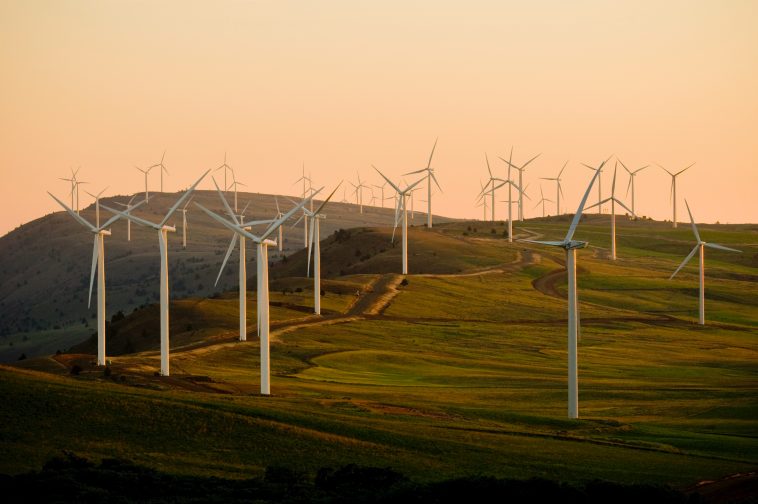This week, Kenya is on the stage for a paramount climate event, aiming to present Africa as a potential epicenter for sustainable energy. This conference is the precursor to several significant global gatherings leading to essential UN deliberations.
As global endeavors to curtail carbon emissions remain unmet and regions suffer from harsh climatic conditions, the upcoming climate conference in the oil-abundant United Arab Emirates is set to witness contrasting energy ideologies.
Kenya’s President, William Ruto, envisions the inaugural African Climate Summit in Nairobi from Monday through Wednesday as a medium to “propose solutions rooted in Africa.”
The ambition is to metamorphose Africa into the epicenter of the world’s green energy revolution. However, to realize this vision, there’s a need for substantial financial influx and debt relief.
Mavis Owusu-Gyamfi from the African Center for Economic Transformation (ACET) expressed that leaders like Ruto aim to position Africa as a proactive contributor in addressing the global climate challenge rather than just a passive observer.
Despite the vast diversity across its 54 countries and 1.2 billion inhabitants, African leaders have unified their focus on specific climate-centric goals. These range from debt alleviation and sustainable growth to a revamp of the global financial system. The objective is to set the stage for pivotal global events, culminating in COP28, including G20 discussions in India, the UN General Assembly, and the annual World Bank and International Monetary Fund gathering in Marrakesh.
Owusu-Gyamfi believes that the global community takes notice when Africa presents a united stance on an issue.
The Nairobi summit is poised to attract numerous African leaders, EU leader Ursula von der Leyen, UN leader Antonio Guterres, and other global dignitaries. A preliminary version of the summit’s conclusion, accessed by AFP, emphasizes Africa’s immense potential in renewable energy, its burgeoning young population, and its natural resource wealth.
Mohamed Adow, who leads the think tank Power Shift Africa, perceives the summit as an opportunity for Africa to transition from resource extraction to production, transcending geopolitical tensions.
The preliminary declaration contemplates an ambitious goal to amplify Africa’s renewable energy capacity from 20% in 2019 to 60% by 2030. Leading this initiative, Kenya commits to sourcing all its electricity from renewable resources by 2030.
However, the journey ahead is filled with obstacles. Despite being home to 60% of the world’s optimal solar energy resources, Africa’s installed capacity is comparable to Belgium’s, as highlighted in a recent commentary by President Ruto and the International Energy Agency’s leader, Fatih Birol.
Charra Tesfaye Terfassa from the think tank E3G acknowledges the evolving perspective on African growth. However, she emphasizes recognizing the continent’s political and financial vulnerabilities..
Amidst these challenges, African nations are confronting a growing debt crisis. As the World Bank highlighted, eight of the nine countries facing debt distress in March were African
Reminders of Africa’s political instability surfaced this week, with a military takeover in Gabon occurring shortly after a coup in Niger.
The transition to clean energy across the globe’s developing nations is pivotal to maintaining the Paris Agreement’s objective of limiting global warming to “well below” two degrees Celsius compared to pre-industrial times, ideally, to 1.5C.
To realize this, the International Energy Agency (IEA) suggests that investment needs to soar to $2 trillion annually within the next decade, marking an eight-fold increase. However, a mere three percent of global energy investments are currently directed towards Africa.
The longstanding commitment by affluent nations to allocate $100 billion annually by 2020 to support economically challenged nations in their fight against climate change has yet to be fulfilled. This unmet promise has diminished trust in these wealthier nations’ commitment to aiding countries that have contributed the least to global warming but are facing severe consequences.
In this challenging context, African countries are further burdened by an escalating debt crisis. As highlighted by the World Bank, eight of nine countries in debt distress in March were African.



